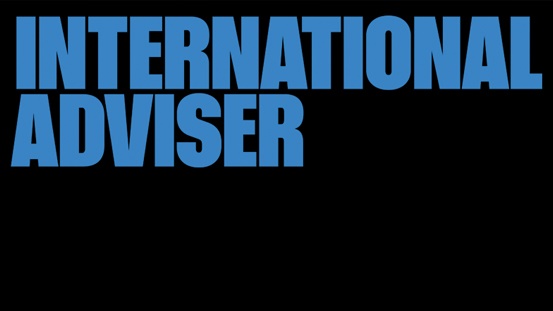China to lift 50% foreign ownership cap on life insurers
China is considering easing the 50% ownership cap on overseas life insurers buying domestic companies in the biggest shakeup of the industry in almost two decades.

China is considering easing the 50% ownership cap on overseas life insurers buying domestic companies in the biggest shakeup of the industry in almost two decades.

Seoul-based ING Life Insurance Korea, South Korea’s fifth-largest life insurer, has applied for an initial public offering (IPO).

Caution should prevail while economists struggle with forecasts in a climate of too many unknowns, according to François Duhen, chief economist and strategist at Swiss banking group Crédit Mutuel-CIC.

Life insurers in China will continue to invest in risky assets, despite a recent clampdown by the country’s insurance regulator amid a string of high-profile suspensions over stock market speculation, according to a report by Moody’s Investors Service.

Singapore’s life insurance industry continued to grow in the fourth quarter of last year driven by rising sales in annual premium products, latest figures show.

HSBC GAM has launched a new product called the Asia High Income Bond Fund, which is said to have a balanced approach between the firm’s existing Asian bond and high yield strategy.

Hong Kong’s Securities and Futures Commission (SFC) has reprimanded, banned or taken action against 13 companies and individuals since the start of 2017, most recently banning a former HSBC adviser from re-entering the financial services sector for life.

The 151 guaranteed funds sold in China, will henceforth be called “risk-hedging strategy funds” to reflect their potential risks, according to the new guidelines released by the China Securities Regulatory Commission.

UK-based ETF Securities has said it will focus on expanding its presence in Australia following the asset manager’s exit from Hong Kong earlier this year.

A former Westpac banker in Australia has been sent to jail for three years for encouraging elderly and vulnerable customers to borrow over A$2.5m (£1.5m, $1.9m) to invest in a Tasmanian property development, which turned out to be a Ponzi scheme.

Assets under management across mainland China rose by 36% to 51.8trn renmimbi ($7.53trn, £6.0trn) in 2016 according to data from the semi-official Asset Management Association of China (AMAC).

Seeking returns from some of Japan’s undervalued big companies, replicating indices, and using a benchmark-agnostic approach are some of the favoured strategies of Japanese funds with substantial assets under management.